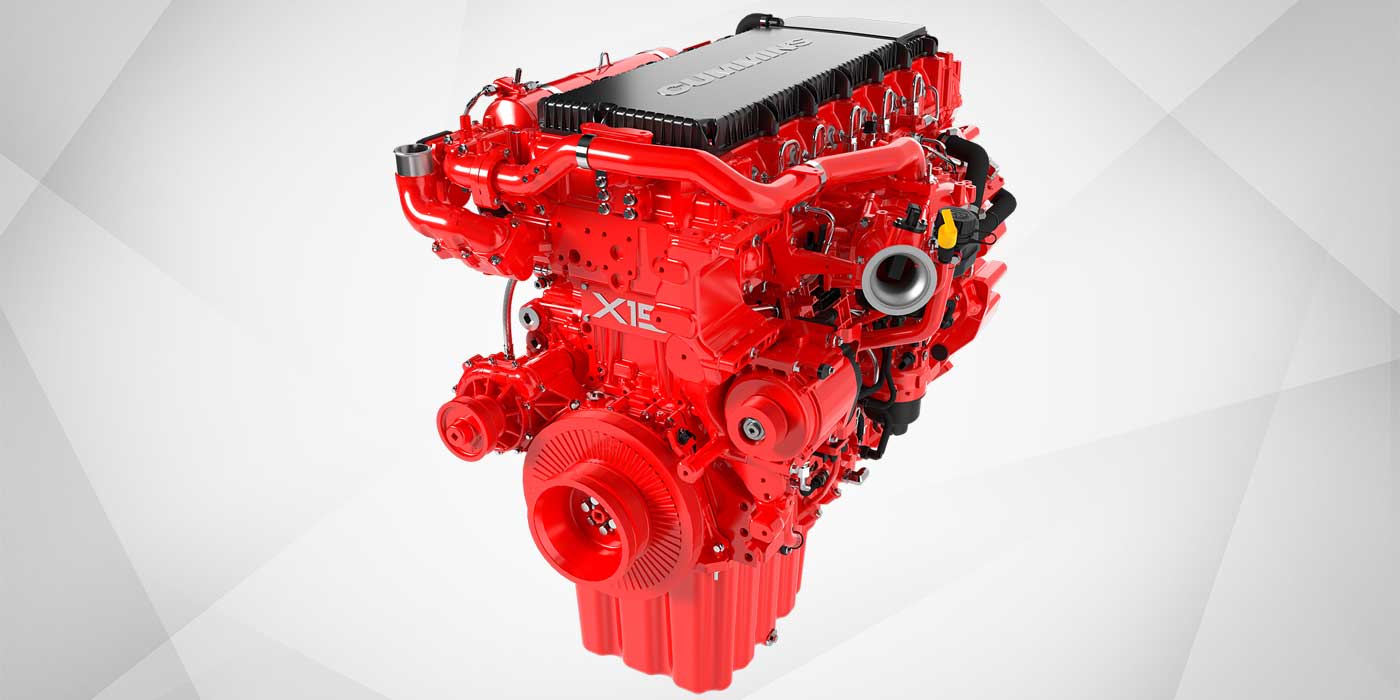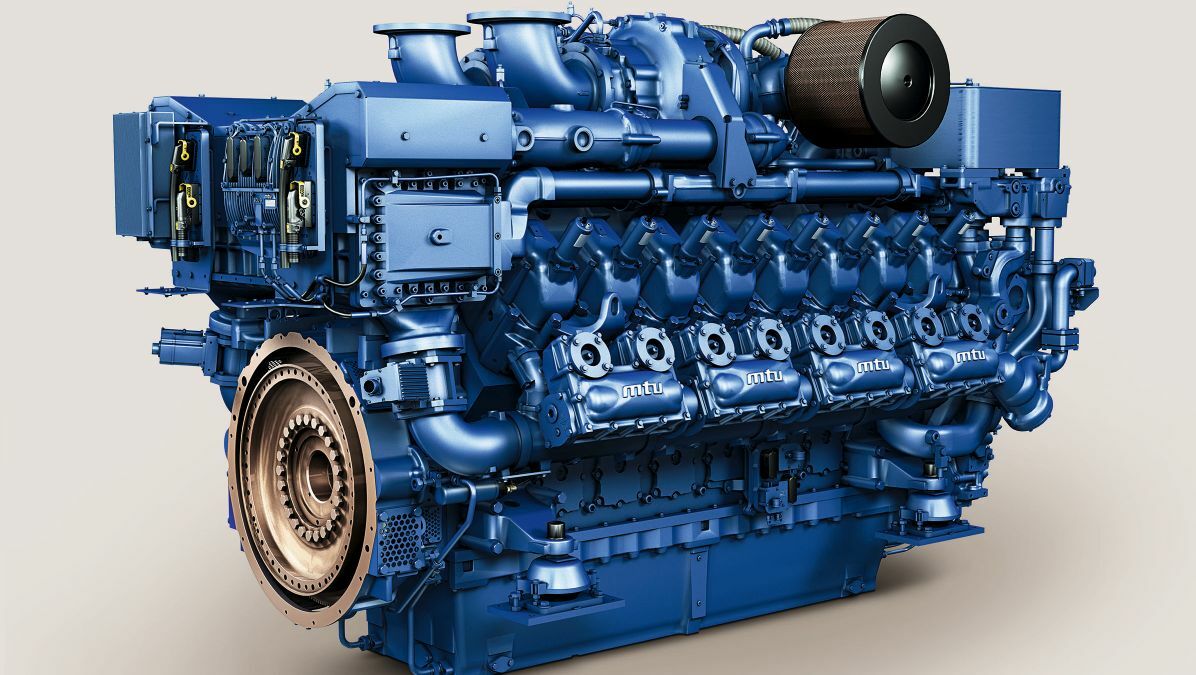Premier Distributors: Engines For Africa Supplies Dependable Power
Premier Distributors: Engines For Africa Supplies Dependable Power
Blog Article
Explore a Vast Array of Engines for every single Lorry and Purpose
The automobile landscape is significantly complex, with a diverse range of engine types created to fulfill specific performance and effectiveness needs across different lorry classifications. From the high-performance engines that power sporting activities vehicles to the fuel-efficient choices customized for day-to-day travelling, the selections are large and differed. In addition, heavy-duty engines serve the requirements of work automobiles, while environment-friendly choices are acquiring traction in the quest of lasting transport. Understanding these differences is critical for making educated choices, especially as arising innovations proceed to shape the future of automobile engineering. What effects might these innovations hold for consumers and manufacturers alike?
Kinds of Automotive Engines
Automotive engines can be classified into numerous distinctive kinds, each made to meet specific performance and efficiency demands. One of the most typical classifications consist of interior combustion engines, electrical engines, and crossbreed systems.

Electric engines, on the various other hand, operate on electric power kept in batteries, offering instant torque and no discharges. These engines are becoming increasingly prominent due to advancements in battery modern technology and the growing focus on sustainability.
Hybrid systems integrate both internal burning and electric engines, making it possible for automobiles to maximize fuel effectiveness and decrease emissions by effortlessly switching over between power resources. Each engine kind presents its negative aspects and advantages, affecting elements such as automobile style, planned usage, and market demand. When selecting the proper engine for their certain needs., understanding these distinctions is important for consumers and suppliers alike.
Efficiency Engines for Sports Cars
Efficiency engines for sporting activities automobiles are particularly crafted to supply boosted power, speed, and agility, setting them apart from typical automobile engines. These engines commonly use innovative technologies such as turbocharging, supercharging, and variable valve timing to make best use of efficiency and responsiveness.
Generally, performance engines are designed with higher compression proportions, which permit greater energy extraction from fuel. This results in impressive horse power and torque figures, allowing quick acceleration and greater leading speeds. Additionally, the lightweight materials utilized in these engines, such as aluminum and carbon fiber, contribute to lowered overall vehicle weight, boosting handling and maneuverability.
Engine configurations like V6, V8, and even hybrid systems are usual in efficiency sports automobiles, each offering special benefits in terms of power delivery and driving characteristics. The tuning of these engines is likewise vital; numerous manufacturers maximize the engine management systems to give an electrifying driving experience, commonly including sporting activity modes that adjust throttle response and gear changes.
Efficient Engines for Daily Commuters
In the realm of daily travelling, effective engines play a critical function in maximizing fuel economy and minimizing exhausts while offering dependable efficiency. As urban populaces grow and environmental problems heighten, the need for cars outfitted with efficient powertrains has actually risen.
Modern engines designed for day-to-day commuters frequently include technologies such as turbocharging, direct gas injection, and crossbreed systems. Turbocharging boosts engine performance by compeling more air right into the combustion chamber, enabling smaller sized, lighter engines that do not compromise power outcome. Straight look at this website gas shot improves fuel atomization, bring about far better combustion and enhanced performance.
Hybrid engines, integrating internal burning with electric power, more enhance fuel economic situation, particularly in stop-and-go traffic, where standard engines can struggle with inadequacies. Electric motors aid during acceleration and can operate separately at low rates, decreasing general gas intake.
Furthermore, improvements in engine monitoring systems and lightweight materials add dramatically to efficient engine design. By concentrating on efficiency, durability, and environmental sustainability, suppliers remain to provide engines that not just meet the demands of daily travelling but additionally line up with international efforts to minimize carbon impacts.
Heavy-Duty Engines for Job Autos
Sturdy engines for work lorries are consistently crafted to provide remarkable torque and reliability under requiring conditions. These engines are designed to do in atmospheres where typical engines might fail, such as construction sites, logging operations, and farming setups. The primary emphasis of heavy-duty engines is their capability to create high degrees of power while maintaining durability over extended durations of procedure.
Commonly, sturdy engines use advanced materials and robust building and construction strategies to stand up to the rigors of hefty workloads. Attributes such as strengthened cylinder blocks, boosted air conditioning systems, and advanced gas shot innovations add to their performance. These engines usually operate at reduced RPMs, which assists to optimize gas effectiveness while providing the needed power for pulling and hauling.
Along with mechanical toughness, sturdy engines are usually outfitted with advanced electronic control systems (ECUs) that take care of performance, emissions, and diagnostics. This combination enables much better tracking and maintenance, ensuring that job vehicles continue to be functional and efficient.
Ultimately, heavy-duty engines are an essential element in the productivity of numerous industries, giving the essential power and dependability to deal with the toughest of jobs.
Eco-Friendly Engine Options
The expanding focus on sustainability has led to the development of environmentally friendly engine alternatives that prioritize decreased exhausts and boosted fuel efficiency. These engines are developed to lessen the ecological influence of lorries while still delivering the efficiency and reliability expected by consumers.
Among the most notable environmentally friendly choices are electric and hybrid engines. Hybrid engines combine conventional internal combustion engines with electric Engines For Africa propulsion, permitting decreased gas intake and reduced greenhouse gas emissions. Electric engines, on the other hand, run entirely on battery power, generating absolutely no tailpipe emissions and adding to cleaner air top quality.
One more appealing growth is the development of biofuel engines, which make use of renewable energies, such as click over here plant products, to power automobiles (Engines For Africa). By making use of biofuels, these engines can minimize reliance on nonrenewable fuel sources and lower general carbon impacts

As the vehicle market develops, environment-friendly engine options will play a vital duty in driving the change towards even more sustainable transport options.
Conclusion
From high-performance engines that boost sports automobile capacities to efficient designs focusing on fuel economic climate for day-to-day commuters, each type serves a certain feature. Heavy-duty engines cater to durable work lorries, while environment-friendly alternatives, such as electric and biofuel engines, advertise lasting transportation.

Report this page